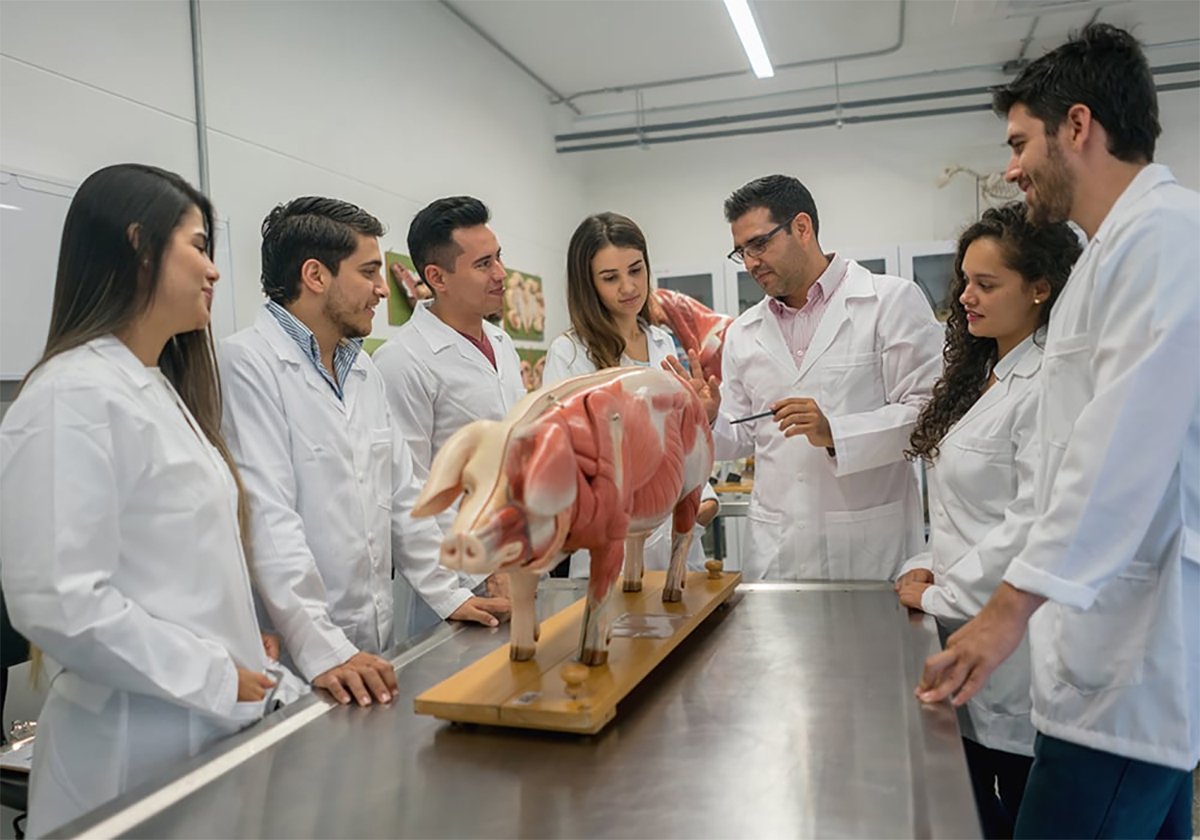SUMMERLAND, B.C. — A growing number of human infections is related to the increased popularity of processed packaged fresh greens, said a research scientist.
Susan Bach’s work at the Pacific Agri-Food Research Centre (PARC) in Summerland B.C., has focused on the persistence and prevalence of E. coli O157 on leafy greens like lettuce and spinach.
“The results will help determine what areas to target for control,” she said.
The bacteria can be introduced to the greens at any point from field to plate by workers with contaminated hands.
Read Also

Students urged to consider veterinary medicine
Alberta government makes $86.5 million investment in University of Calgary to double capacity for its veterinary medicine program to address labour shortages in the field.
“Be sure to wash leafy greens well, use different cutting boards for vegetables and meat, and cook ground beef thoroughly,” Bach said.
E. coli O157 can enter a dormant state in which it is viable but is not cultivable using standard microbiological techniques.
This characteristic complicates food safety investigations because bacteria capable of infecting humans cannot be detected.
Bach and her colleagues are using nucleic acid staining methods and a real time poly chain reaction technique to detect the increase of DNA as it is being amplified.
This work will help to ensure that E. coli O157, even when dormant, is detected.
This serotype is commonly found in cattle and other livestock. In humans, it causes diarrhea, vomiting and, in severe cases, kidney failure.
Infection can be acquired by direct contact with animals, drinking untreated water and eating improperly cooked contaminated meat and unpasteurized milk and milk products.
Recently, E. coli O157 made news when federal health officials recalled packaged burgers due to possible contamination. One death and 21 illnesses were also linked to unpasteurized cheese items produced by a B.C. artisanal cheese maker.
Contaminated uncooked vegetables, including sprouted seeds and raw fruits, are also sources of human infection.
Kenna MacKenzie, PARC’s director of operations, said Bach’s research on the prevalence of E. coli O157 on plant-based food and its persistence in the environment is critical to ensuring that Canadians have access to safe food.
“The high quality of work produced by her and her team has resulted in research papers in leading journals,” she said.
Related work concerns the effects of on-farm practices, such as manure application and use of irrigation water. Lettuce and spinach can become contaminated if grown in fields near cattle and through irrigation water.














